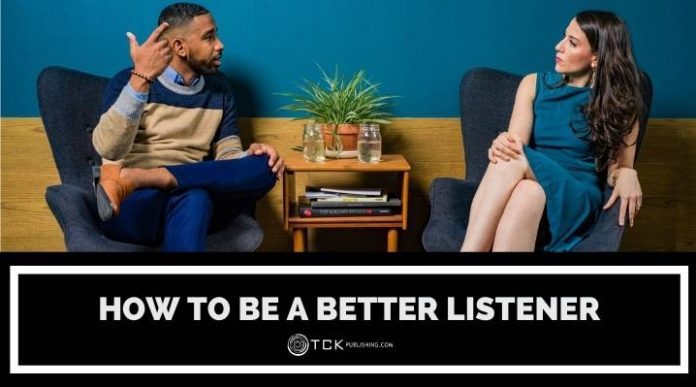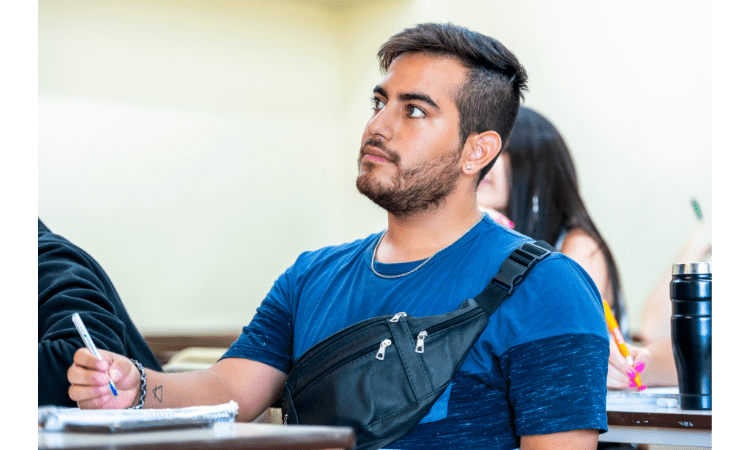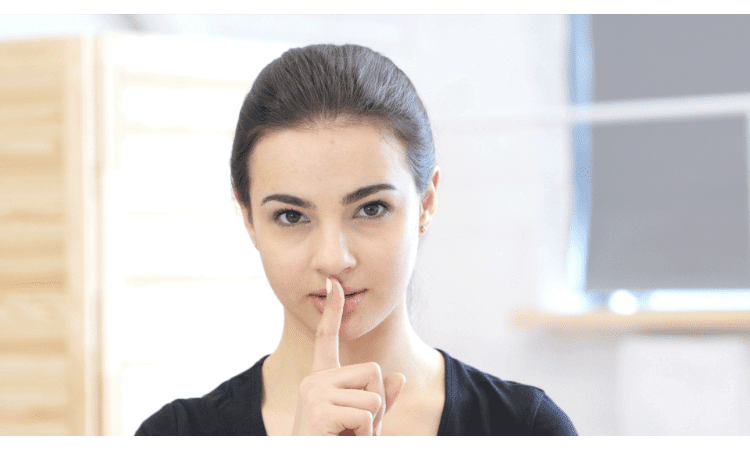
Being a good listener is one of the most important things you can do in any relationship.
But, it’s also one of the hardest things to do, especially if you’re listening to someone talk about something that’s really important to them. When someone is really passionate or emotional about something they’re saying, they tend to want to get their point across as quickly as possible. And when they’re excited, they tend to talk faster.
That means that if you’re trying to listen carefully, you’ll have to work harder than usual. If you learn the skill of how to be a better listener, you’ll be able to connect with others in ways that will build stronger relationships and make your life happier overall. In this article, we’re going to go over some ways to be a better listener, so you can become more comfortable in conversation with others.
About listener

Listening is a skill that many people take for granted. When you listen to someone, you’re not just hearing their words. You’re also taking in their tone, their body language, and their emotions.
Listening is one of the skills to build trust with others. When you listen well, it shows the other person that you care about them and what they have to say. You can show them that by looking at them when they speak and paraphrasing what they said to show that you understand what they mean (even if sometimes it’s not exactly what they meant). Listening is an active process—it requires you to make a conscious effort to devote your attention to someone else’s words and ideas.
Tips to be a better listener
Pay attention

A good listener is attentive. They’re not looking at their watch, or phone, or thinking about their afternoon called plans. They’re focused and paying attention to what the other person is saying. This is called active listening. If you’re not paying attention, you can’t be a good listener. You’ll miss important details, and you won’t be able to remember what the person is saying or even make sense of it in the first place. If you’re not listening closely, you might also miss out on opportunities for conversation.
Eye contact

Eye contact is one of the most important things you can do when listening. If you’re talking with someone, make eye contact. This shows them that you’re interested in what they have to say. It’s also a good way to gauge their reaction to what you’ve said: if their eyes widen or narrow, for example, you’ll know whether or not your message was received well. It’s also a good way to keep track of the other person’s facial expressions, which can help you better understand what they’re saying. If you do this, then the other person will feel like you are interested in what they have to say, and they will feel more comfortable talking with you.
Good posture

Good posture is one of the most important things you can do to improve your listening skills.
When you’re sitting up straight, it helps to keep your ears and shoulders in line with one another. This allows you to focus on the speaker without getting distracted by other stimuli. It also makes you feel better about yourself, which further improves your ability to listen. It also helps you hear better because the bones in your skull vibrate when you speak and the air around your eardrums vibrates when other people speak. Good posture also helps keep you from thinking about any other things that might be distracting you at the moment—whether it’s checking your phone or thinking about what else you need to get done today.
Ask questions

Asking questions is one of the best ways to be a better listener. Not only does it show that you’re interested in what the other person is saying, but it also helps you to understand what they mean.
When someone asks you a question, try to answer it as completely as possible. This will give them more information about what they want to know and also make them feel heard and understood.
If there’s something you don’t understand when someone is talking to you, ask them to explain themselves further. This will help both of you better understand each other’s points of view.
Avoid interrupting the speaker

One of the best ways to be a better listener is to avoid interrupting the speaker. Interrupting shows that you’re not listening, and it can make the speaker feel like their point isn’t being heard.
Instead, try using non-verbal cues to show that you’re listening. For example, if someone says something interesting and you want to respond with an idea, wait until they finish speaking before speaking up. You can also use open-ended questions to keep the conversation going. Open-ended questions prompt the speaker to expand on their ideas or explain more about what they’re saying—they’re great for getting more information out of another person. When you’re listening to someone, resist the urge to interrupt them. It can be tempting, especially when you’re excited about what they’re saying, but interrupting is rude and disrespectful. Instead, take a deep breath and wait until they’ve finished speaking before you respond. This will help ensure that you are giving them as much attention as possible during their speech.
Remember

Remember that listening is not just about hearing. When you’re listening to someone, you’re not just hearing their words—you’re also taking in their body language and tone of voice. You should be trying to understand the meaning behind what they are saying and how they are saying it.
This isn’t always easy. It can be hard to focus on all the different things happening at once when you’re trying to listen, but the more you practice, the better you’ll get at it. Remember that listening is a two-way street. You need to listen to the other person and be open to where they are coming from, but they also need to listen back and make sure you can understand them.
Practice silence

Silence is a powerful tool in any conversation. It’s a way to show that you’re listening and to give your partner the space to tell their story.
When you’re in a conversation with someone, try letting them speak for longer than usual. If you find yourself speaking up before they’ve finished their thought, try pausing instead of interrupting them. You can also practice keeping your mouth closed and not saying anything until they’re done talking—even if it feels like you’re dying to have your turn.
Silence is an important part of any conversation because it allows both people to think about what is being said, and gives them time to process and respond. By practicing silence in your conversations, you’ll be able to better focus on what the other person is saying, and help them feel more comfortable sharing their thoughts with you.
Practice non-judgment

Practicing non-judgment when listening is hard because we tend to make quick assumptions about people that color our opinions about them.
One disagreeable comment or body language that seems insecure or off-putting can make us withdraw from someone before we even get to know them.
Be centered enough in yourself to step back, refrain from jumping to conclusions, and recognize that there is so much more to a person than what meets the eye or ear. When you find yourself making quick judgments, this is the perfect time to show kindness, curiosity, and empathy.
Conclusion

In conclusion, becoming a better listener is not just about the words you say or how you say them. It’s about understanding the person you’re talking to and considering what they want to tell you. The best way to do that is by asking good questions, but also by really listening to what they have to say. If you can learn this skill, then you’ll be able to make your conversations with people more meaningful.











